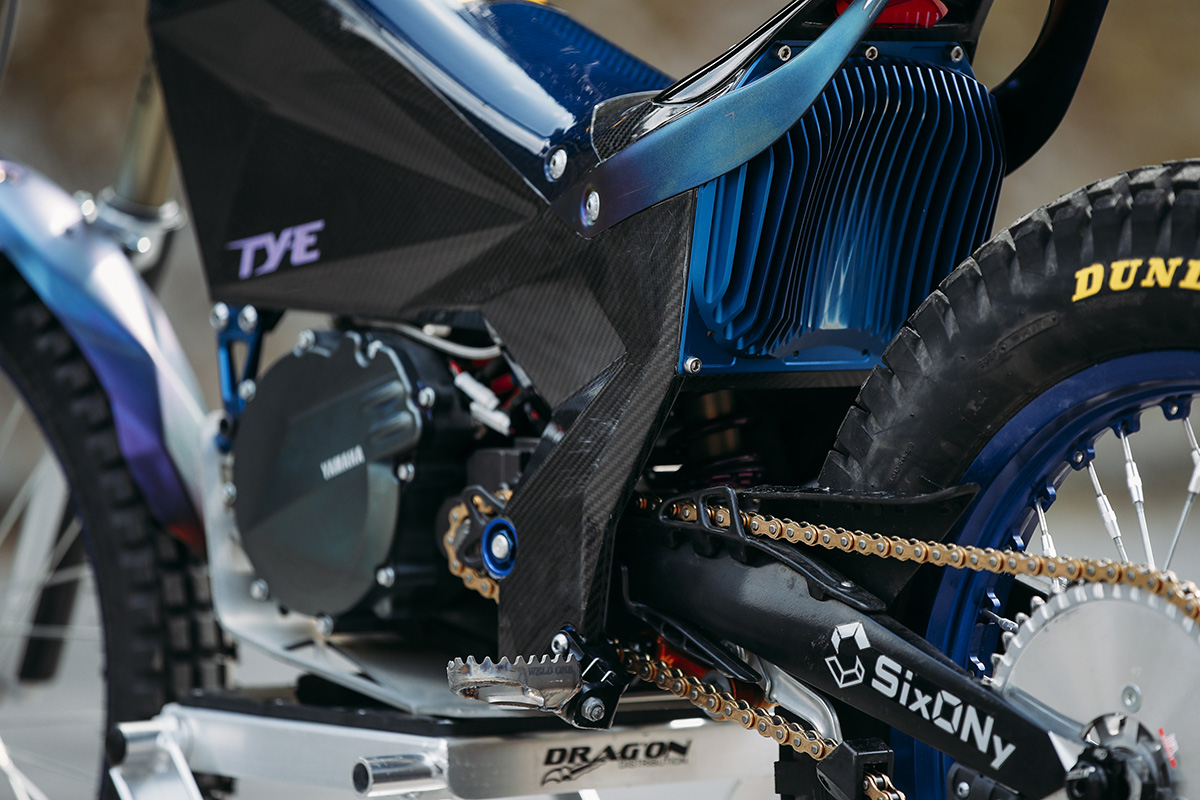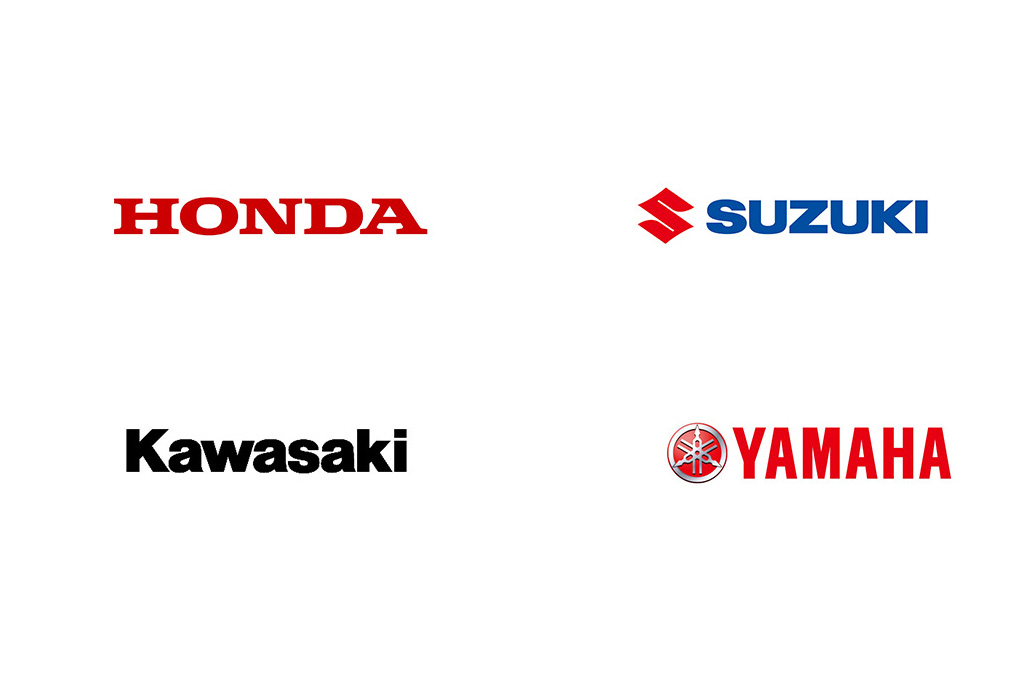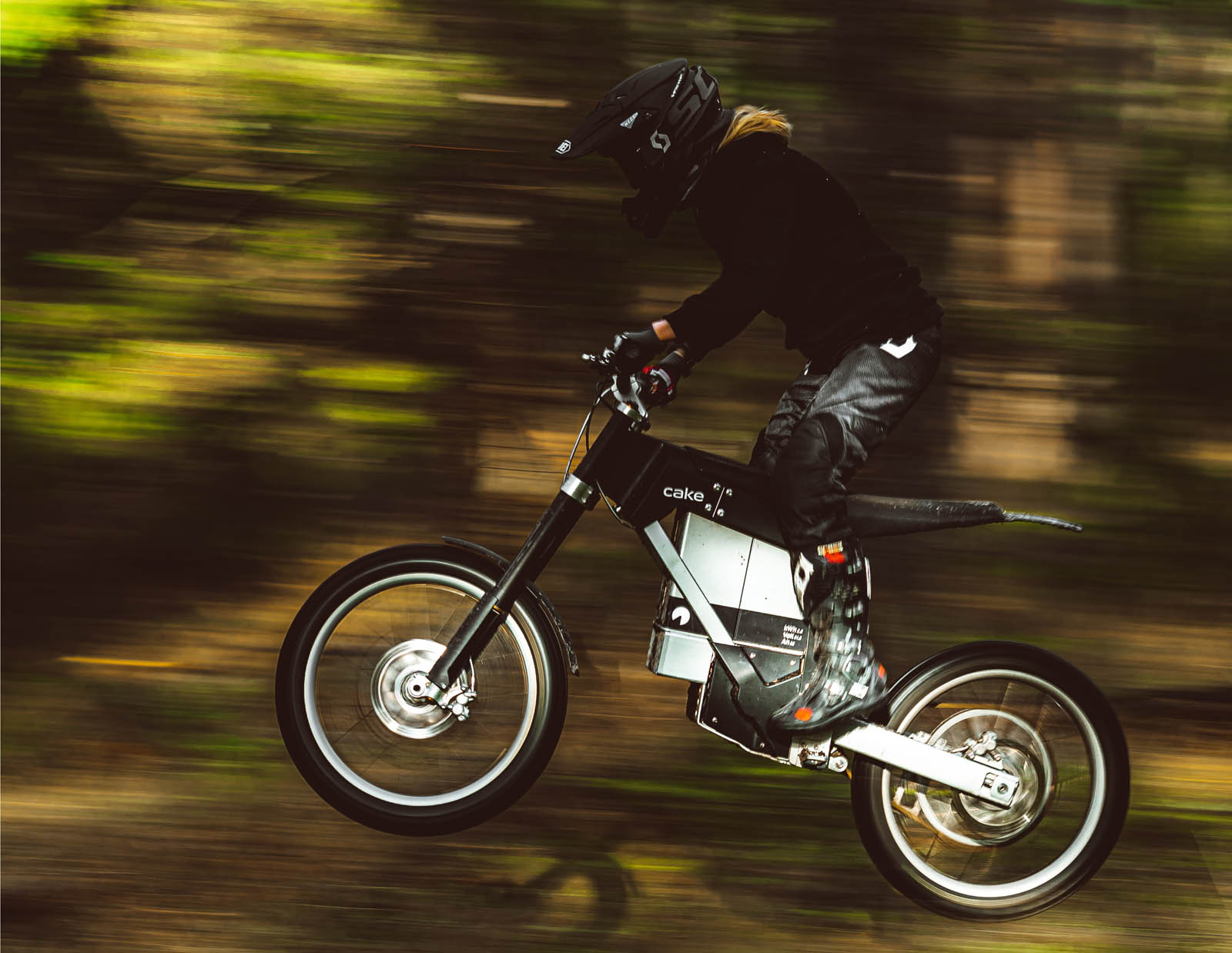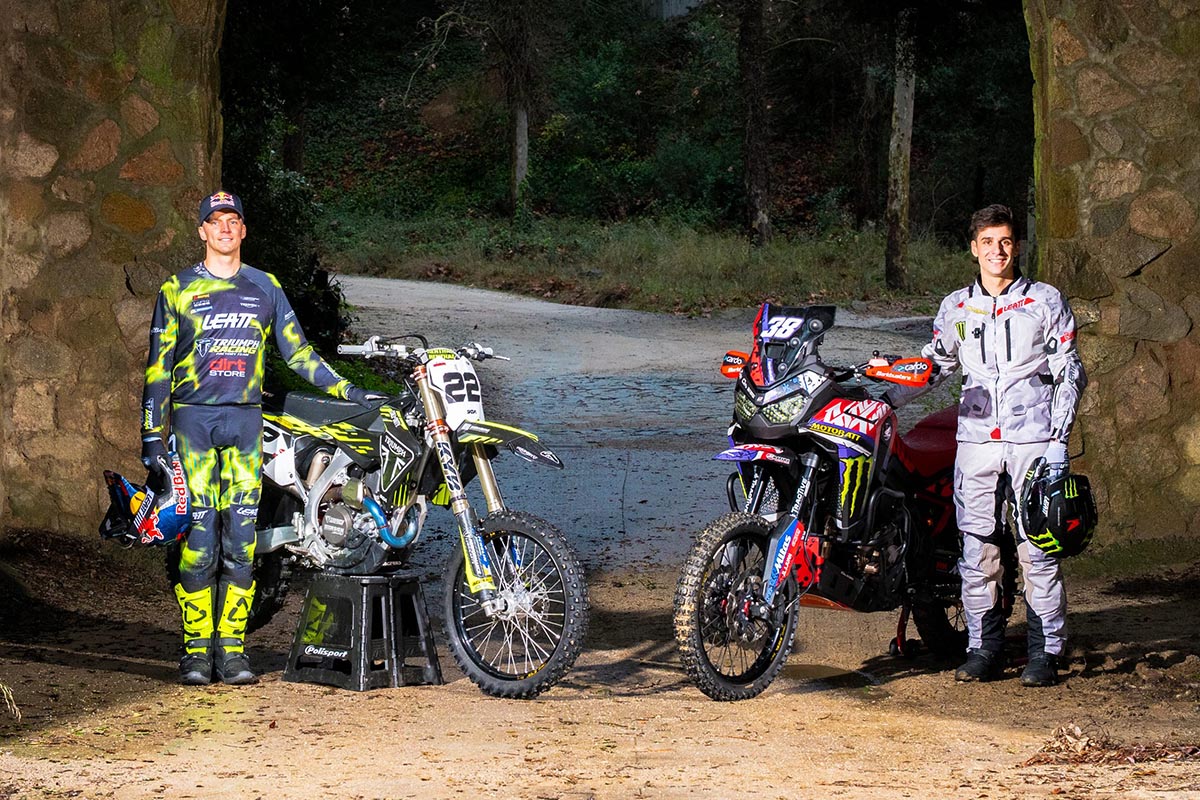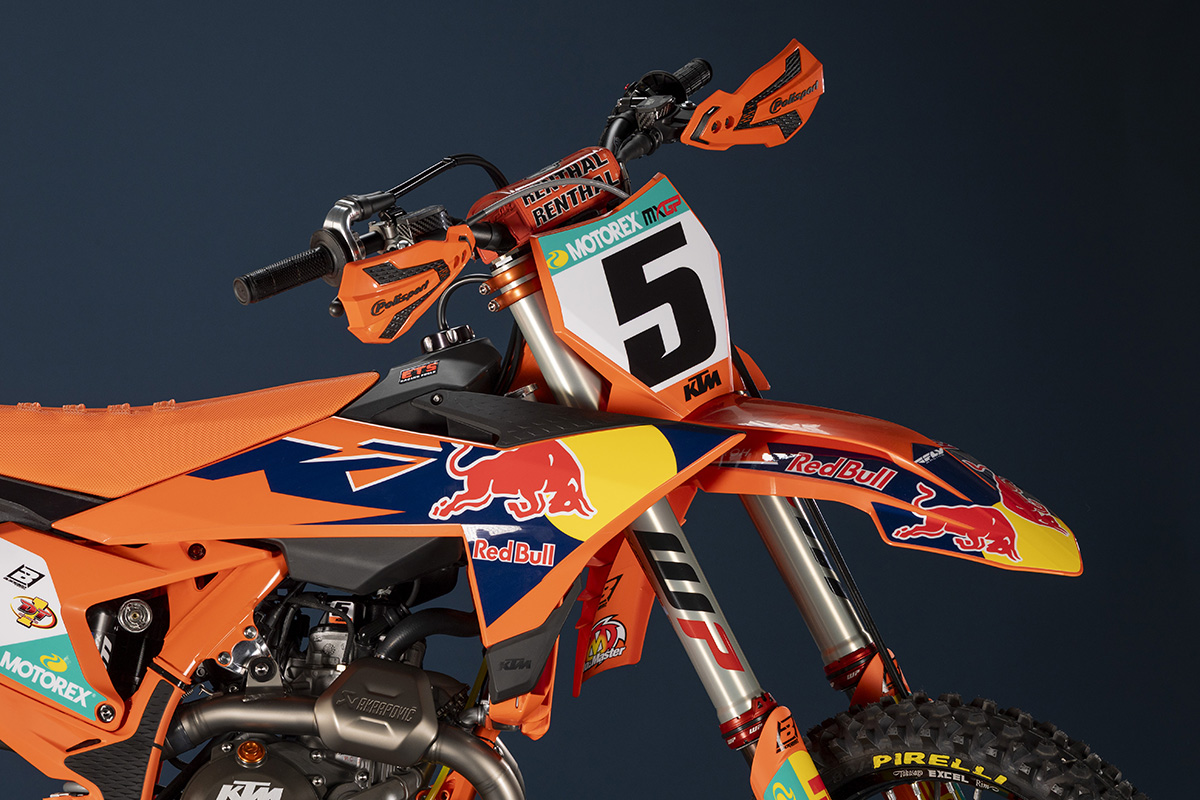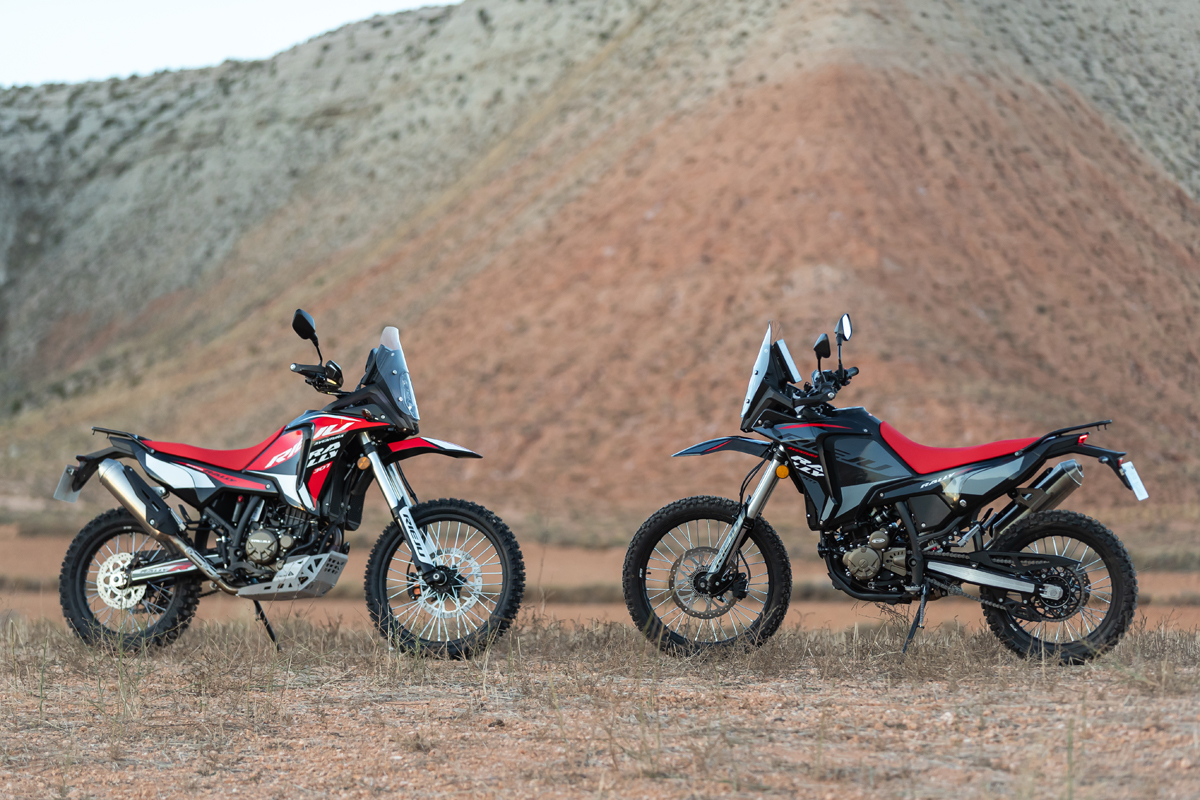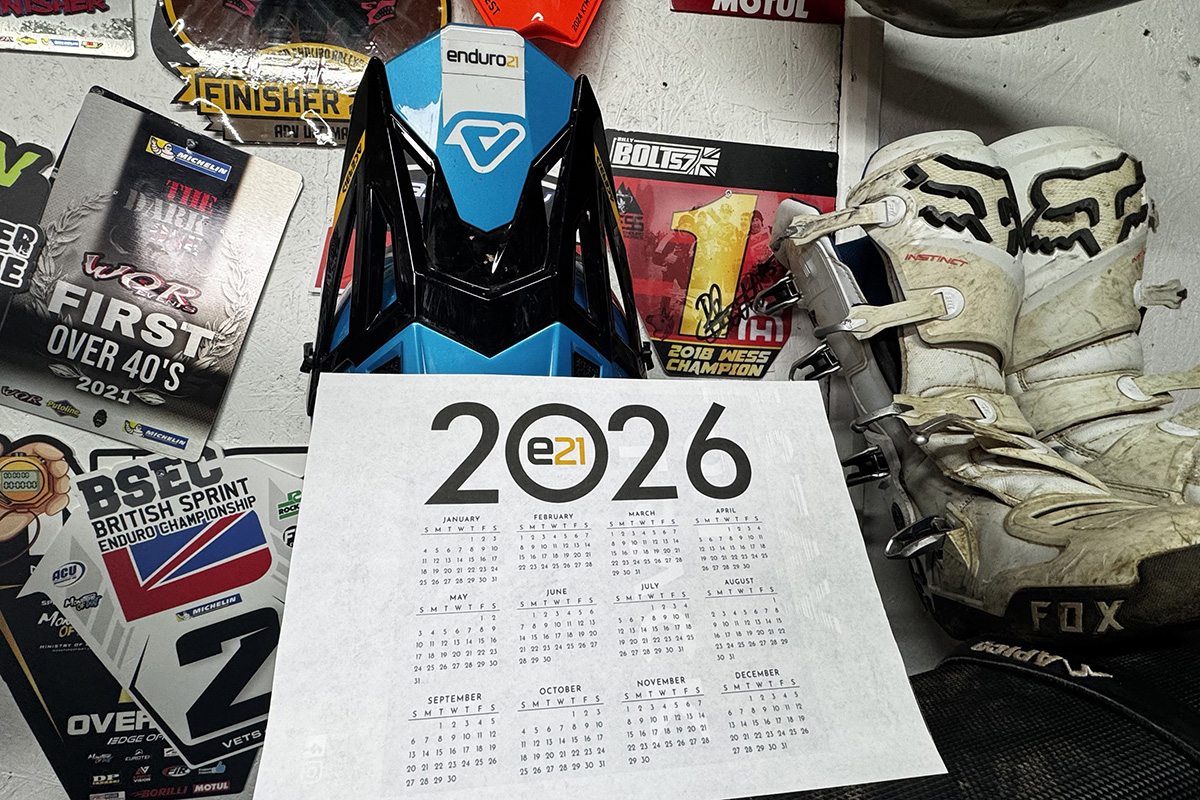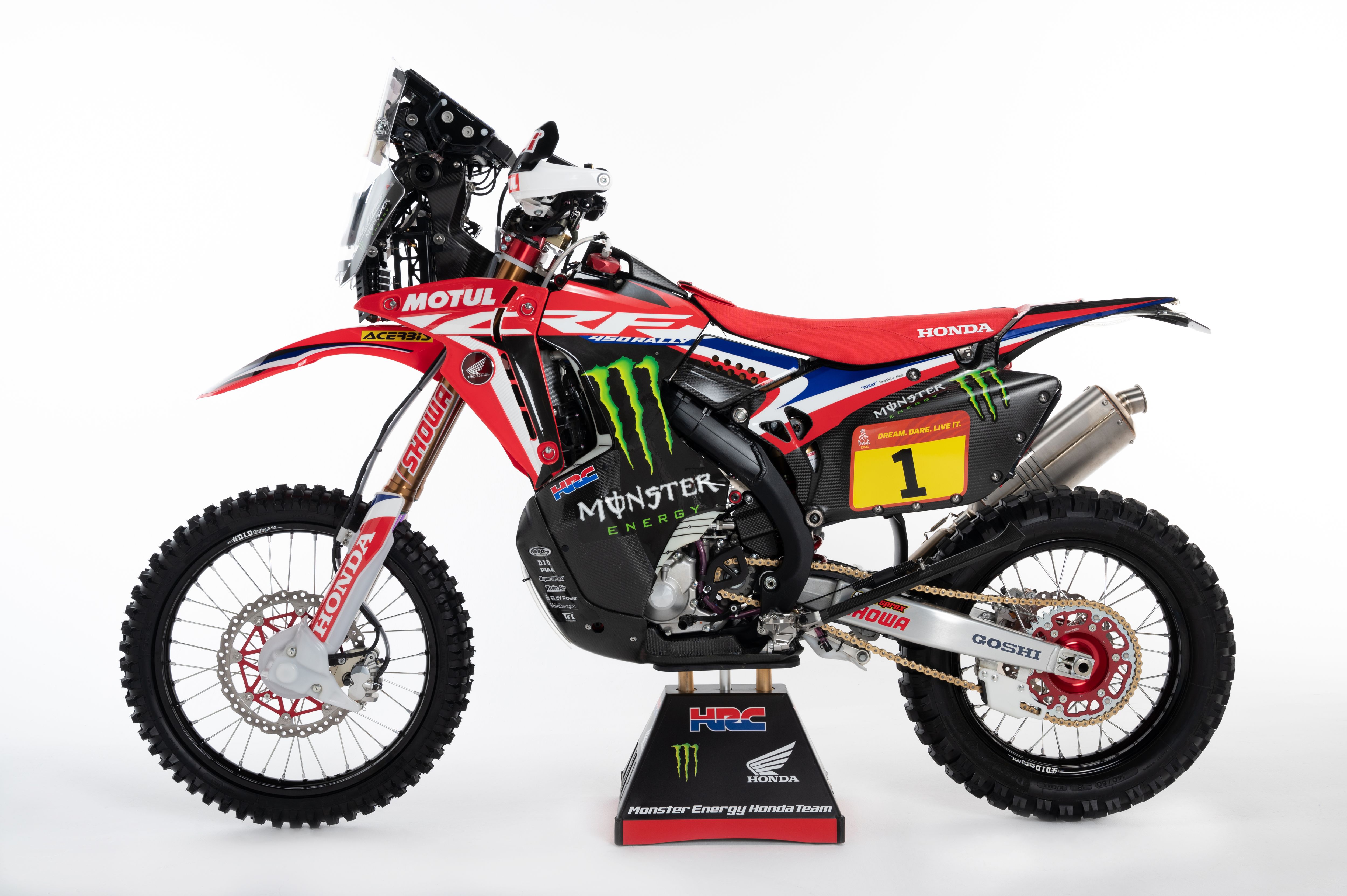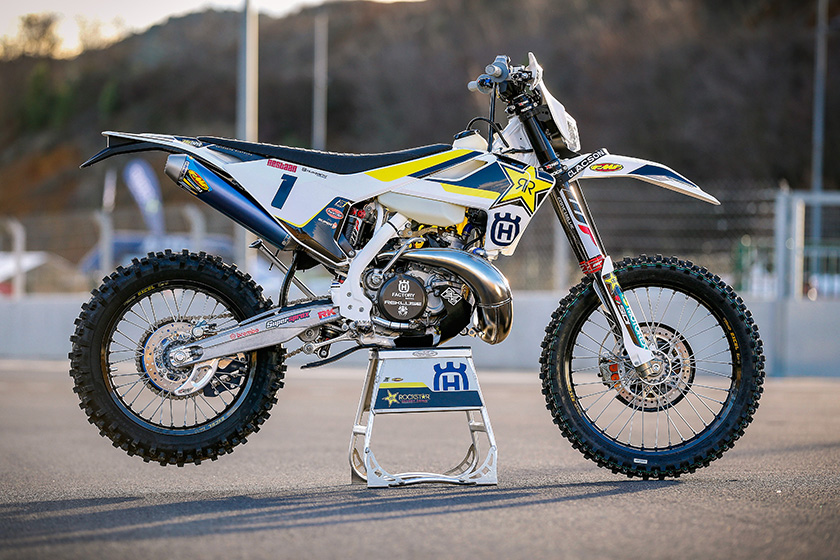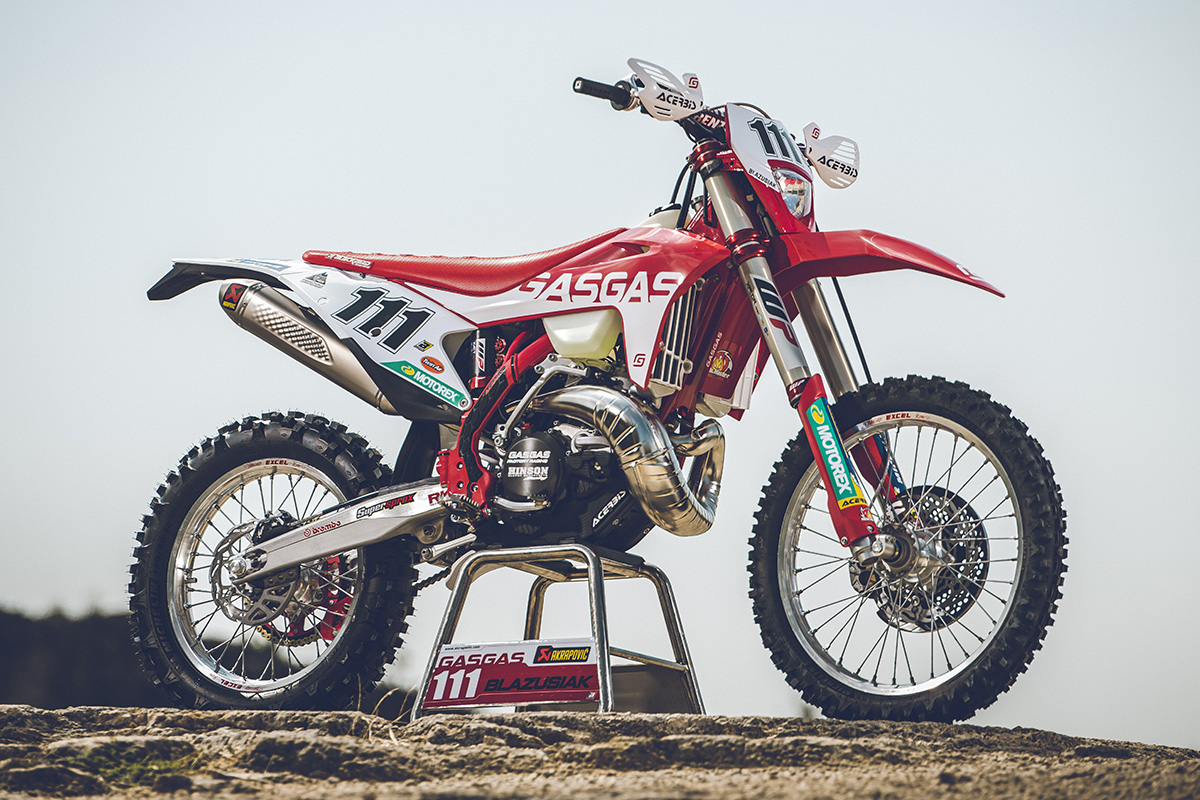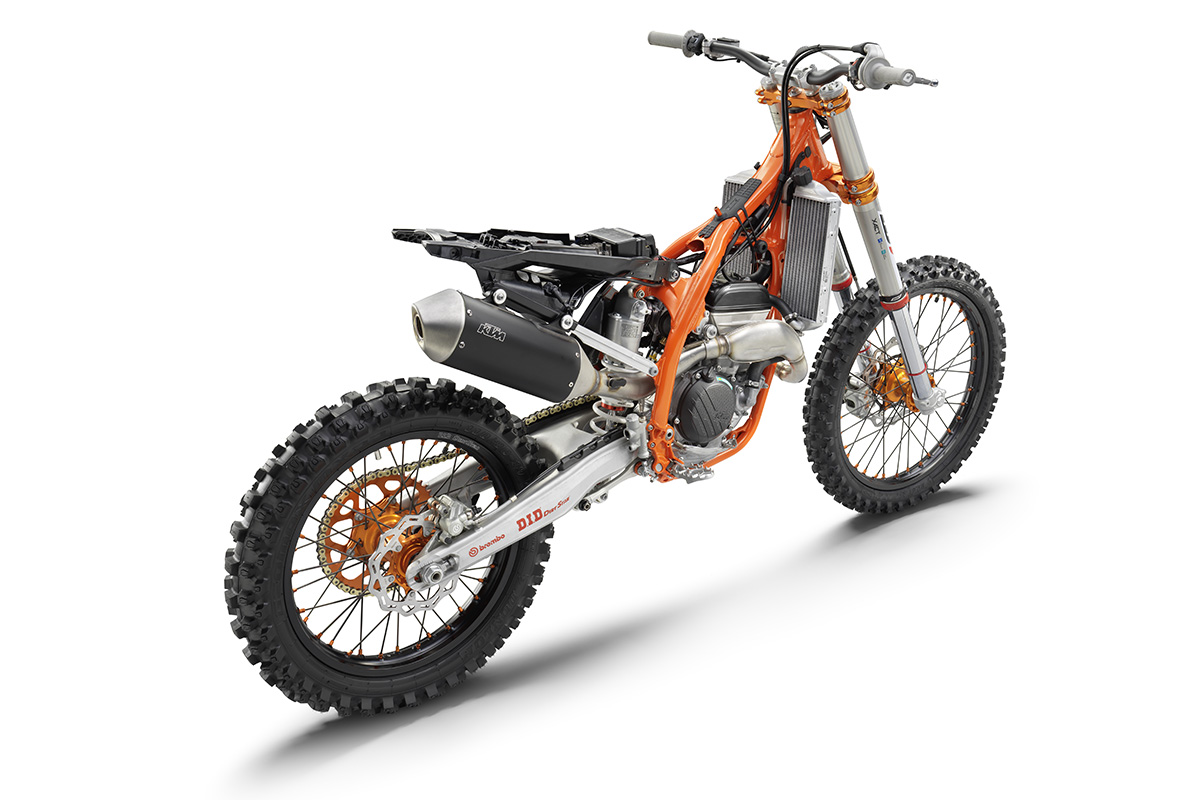KTM AG, Honda, Yamaha and Piaggio group sign electric battery collaboration
A joint announcement between Honda, Yamaha, KTM Group plus the Piaggio Group shows the four major motorcycle manufacturers have signed a letter of intent to set up a Swappable Batteries Consortium for Motorcycles and Light Electric Vehicles.
This might not seem like the most exciting news in the world but it is significant and to a large degree unprecedented. To see four major motorcycle manufacturers agree to share common development and parts – specifically swappable batteries – is as unusual as it is significant for the future of powered motorcycles.
The statement issued by all four companies today, March 1, 2021 reads as follows:
In the context of the Paris Climate Agreement and the development of electromobility, the founding members of the consortium believe that the availability of a standardized swappable battery system would both promote the widespread use of light electric vehicles and contribute to a more sustainable life-cycle management of batteries used in the transport sector.
Also, by extending the range, shortening the charging time and lowering vehicle and infrastructure costs, the manufacturers will try to answer to customers’ main concerns regarding the future of electromobility.
The aim of the Consortium will, therefore, be to define the standardized technical specifications of the swappable battery system for vehicles belonging to the L-category: mopeds, motorcycles, tricycles and quadricycles. By working closely with interested stakeholders and National, European and International standardization bodies, the founding members of the Consortium will be involved in the creation of international technical standards.
The Consortium will start its activity in May 2021. The four founding members encourage all interested stakeholders to join the cooperation to enrich the consortium’s expertise.
Noriaki Abe, Managing Officer, Motorcycle Operations, Honda Motor Co., Ltd.:
“The worldwide electrification effort to reduce CO2 on a global scale is accelerating, especially in Europe. For the widespread adoption of electric motorcycles, problems such as travel distance and charging times need to be addressed, and swappable batteries are a promising solution. Considering customer convenience, standardization of swappable batteries and wide adoption of battery systems is vital, which is why the four member manufacturers agreed to form the Consortium.
“Honda views improving the customers’ usage environment as an area to explore cooperation with other manufacturers, while bringing better products and services to customers through competition. Honda will work hard on both fronts to be the ‘chosen’ manufacturer for customer mobility.”
Executive Officer Takuya Kinoshita, Chief General Manager of Motorcycle Business Operations, Yamaha Motor Co., Ltd.:
“I believe the creation of this Consortium holds great significance not just for Europe but the world as we move towards establishing standards for swappable batteries for light electric vehicles. I’m confident that through work like this, the technical specs and standards, that currently differ by regional characteristics or the state of the industry in different markets will be unified, and, in the future, will help lead towards maximizing the merits of electric power for customers on a global level.”
Stefan Pierer, KTM AG CEO:
“Sustainability is one of the key drivers to the future of mobility and electrification will play a major role in achieving this goal. For powered two-wheelers the constraints of electric drivetrains regarding range, charging time and initial cost are still evident. To overcome these challenges and provide a better customer experience, a swappable battery system based on international technical standards will become a viable solution. Considering the entire lifecycle, a widespread application of batteries compliant with a common standard will support secondary use as well as circular economy. We are glad to be part of the Consortium as we strive towards our goals in the e-mobility sector.”
Photo Credit: Enduro21




